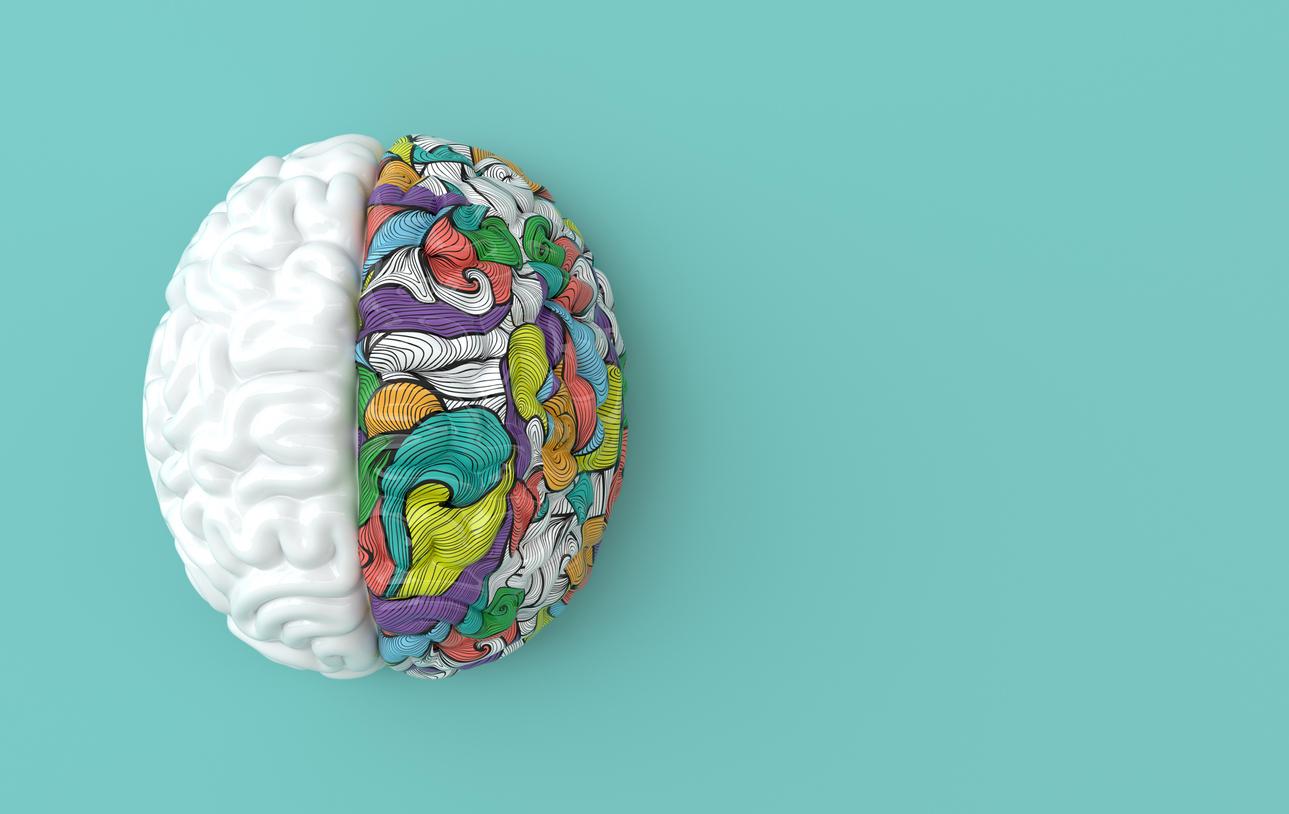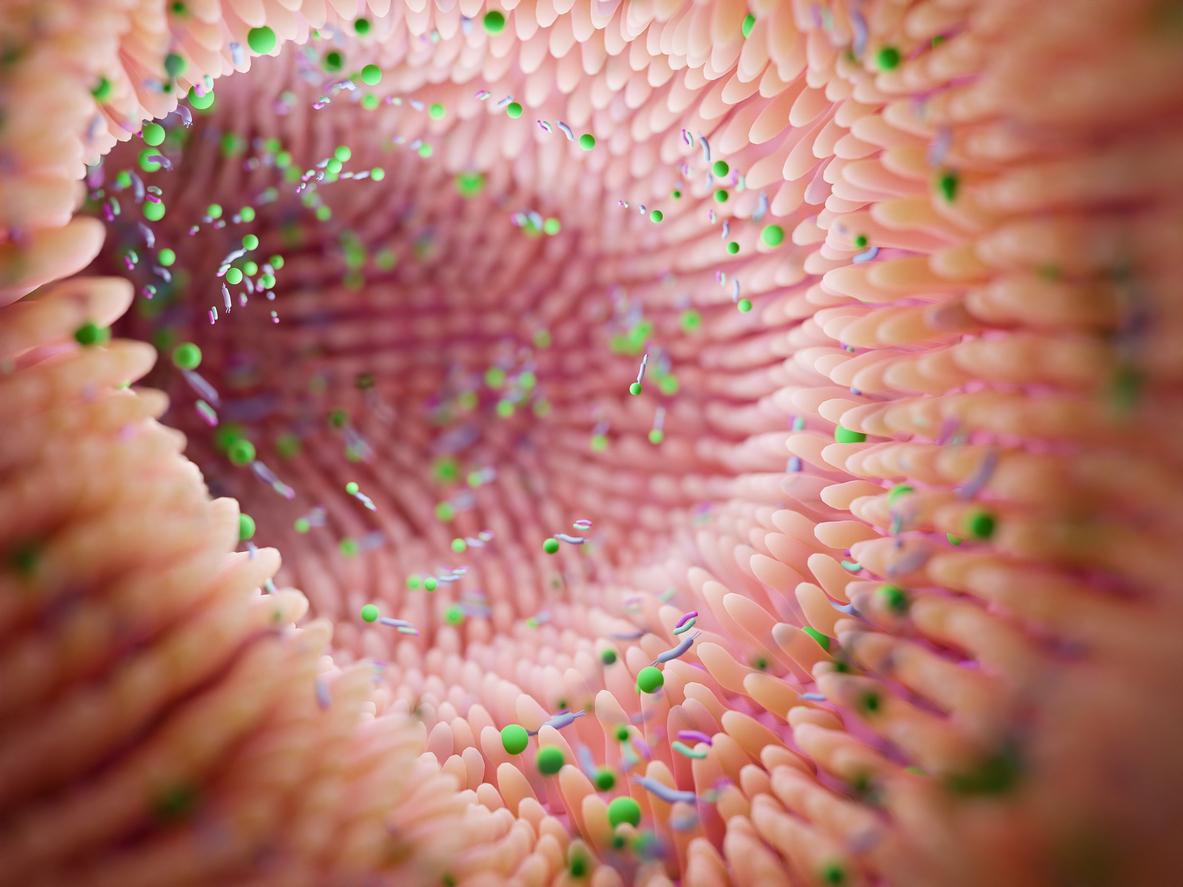In mice, a faster heart rate can lead to anxious behaviors.

- Using an optical pacemaker, the researchers artificially increased the mice’s heart rate to 900 beats per minute.
- When the rodents felt in danger, the increased heart rate made them more anxious.
- The insular cortex appears to integrate heart rate with the brain’s perception of danger to determine the appropriate emotional response.
It is a natural physiological phenomenon. Anxiety arises “in response to danger or stress. The functioning of our body changes, most often with an acceleration of the heart rate, sleep disturbances, increased sweating and, sometimes, difficulty in breathing or back”, according Inserm. This disorder is not only linked to our emotions, it would undoubtedly be created by our body. This was revealed by researchers at Stanford University (United States) in a study published in the journal Nature.
“Do bodily sensations follow emotions or vice versa?” This is the question that American scientists have asked themselves. To answer this, Karl Deisseroth, MD, professor of bioengineering, psychiatry and behavioral sciences, used the latest advances in optogenetics, namely the use of light to activate specific cells.
Anxiety: artificially increasing the heart rate of mice
“A few years ago Karl Deisseroth’s lab discovered an extra-sensitive opsin (protein) called ChRmin that can cause even cells deep within the body to react to light from outside. “, can we read in a statement of the University. As part of their work, the team genetically modified cardiomyocytes, the cells responsible for heart contractions, in mice to produce ChRmin. This allowed them to precisely monitor the heartbeat of rodents using an external light.
To mimic the heartbeat of a nervous and fearful mouse, the authors used an optical pacemaker to artificially increase their heart rate up to 900 beats per minute. As a reminder, a calm mouse has a heart rate of about 600 beats per minute. “In fact, we have a free-moving mouse wearing only a small vest. We were able to provide sufficient light to a large moving organ (the beating heart) in a non-invasive way, which that allows for natural behavior, explained Karl Deisseroth.
During this experiment, the mice could not express their emotions and the researchers assessed their anxiety by observing their behavior. An anxious mouse is more reluctant to take risks, it is more likely to avoid open and unprotected spaces, for example.
High heart rate makes mice more risk-aware
According to the results, an increased heart rate did not change the behavior of the mice. When given the choice of moving through two connected chambers, including one in which the optical pacemaker was activated to increase heart rate, the mice showed no preference.
In contrast, when the rodents suspected danger, the increased heart rate made them more anxious. In an open space, a higher heart rate encouraged them to stick closer to the walls. And when given the option to press a button for water, a higher heart rate made them less likely to do so if the button occasionally caused a minor shock.
Insular cortex: “the neurons reacted to variations in heart rate”
Using a technique of imaging and labeling intact tissue, the authors were able to see which areas of the brain were involved in interpreting heart signals. They focused on the insular cortex. “We recorded this part of the brain live and saw that the neurons reacted specifically to changes in heart rate,” said Karl Deisseroth.
When the team inhibited the insular cortex, the anxious behavior generated by a fast beating heart almost disappeared. “This area is known for its role in interception, that is, the ability to perceive internal states of the body, including heart rate, hunger, temperature and pain. It could therefore play a role in a wide range of emotional states”, concluded the researcher.

















